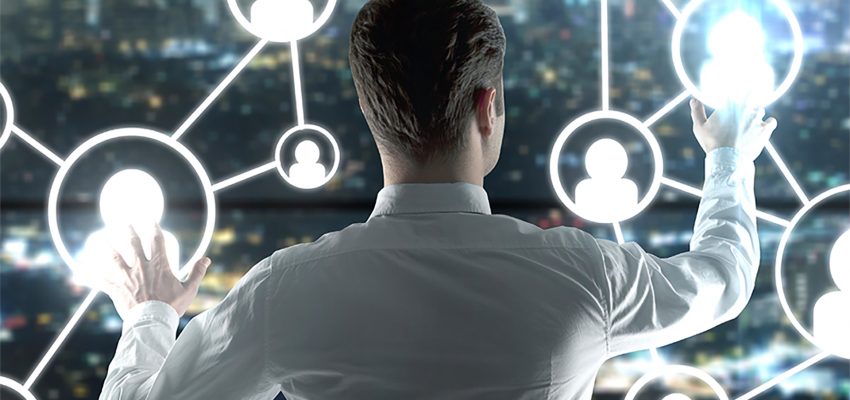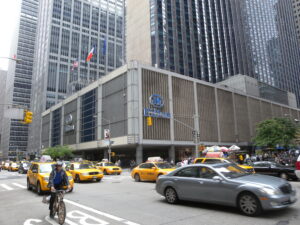Why timely information sharing can help your recovery now!
- admin
- April 5, 2020

Restarting the world economy after the COVID-19 crisis is going to be hard. We’ve never turned the world off like this before. (And kudos to every worker in health care, power, public safety, security, trucking, and everyone else who can’t work from home. We’re all relying on you!)
Connect The Dots With Information Sharing
An almost-forgotten lesson from 9/11 is the need to share information (connect the dots). And the world is still bad at it. It seems we can’t define what a COVID-19 death is. So, even the numbers we’re likely all watching are in question. If everyone goes a different way during the economic restart, two things will happen. First, we will add months to the timeline. And second, we will collectively waste billions of pick-your-favorite-currency. A little sharing and coordination up front might help everyone.
"The key to a successful restart is communicating and sharing all the best ideas and information ahead of time."
Example: The Food Industry
We’re all going to face challenges getting back to the ‘normal’ we took for granted a couple of months ago. One example shared with me was whether food workers should be required to test virus-free before returning to work. Sounds relatively benign until you think about the number of government and private sector decision makers who would have to deal with this.
For example, if you have 2,000 restaurants in 17 countries, it’s likely going to be a very complicated period. Repeat that scenario with 10,000 other problems, and you start to get a sense of the complexity. Disclaimer: I know nothing about the restaurant industry except for two very impactful years working for McDonald’s in the ‘70s. But I’m not going back into anyone’s restaurant as a consumer until this gets figured out.
Example: NYC Metropolitan Resilience Network
The NYC Metropolitan Resilience Network (MRN) started with information sharing in mind. One of its action items after Superstorm Sandy was to easily share situational awareness information across the network. Today, over 400 organizations in the MRN use the automated situational awareness dashboards. Analysts can augment the dashboards in the event of a crisis.

Start Collaborating Now
Information sharing on a broad scale now can help sort out some of these issues later. Industries can collaborate with each other. Governments at the local, regional, and national levels can coordinate. There can be communication between all parties. Information sharing can prevent random decisions that result from a lack of planning.
You don’t have to do all the work. There are many people out there that will have kick-ass solutions to many of the problems we’re going to face. The key is communicating and sharing all the best ideas and information ahead of time. You don’t have to share your proprietary data. You can track other’s efforts, and gain some time while saving some money. It could mean a lot to the world at large.
This is something you can do from the couch, home office, or wherever you are sheltering in place. Imagine if everyone helped solve one small issue. We could impact the economic restart the way Wikipedia has impacted historical knowledge.




